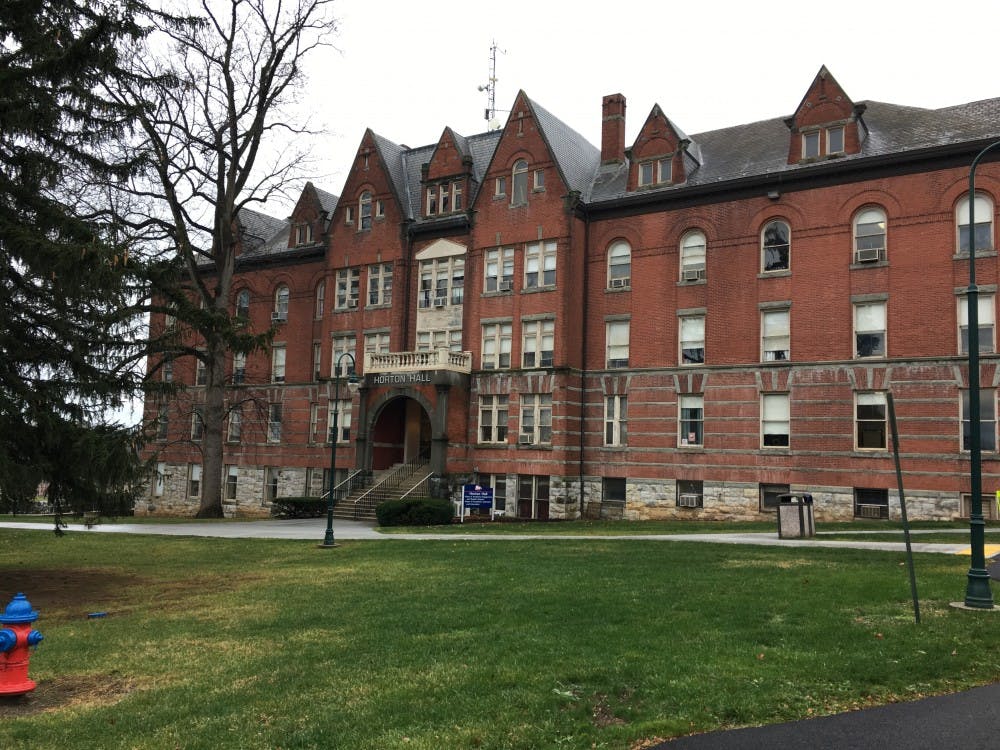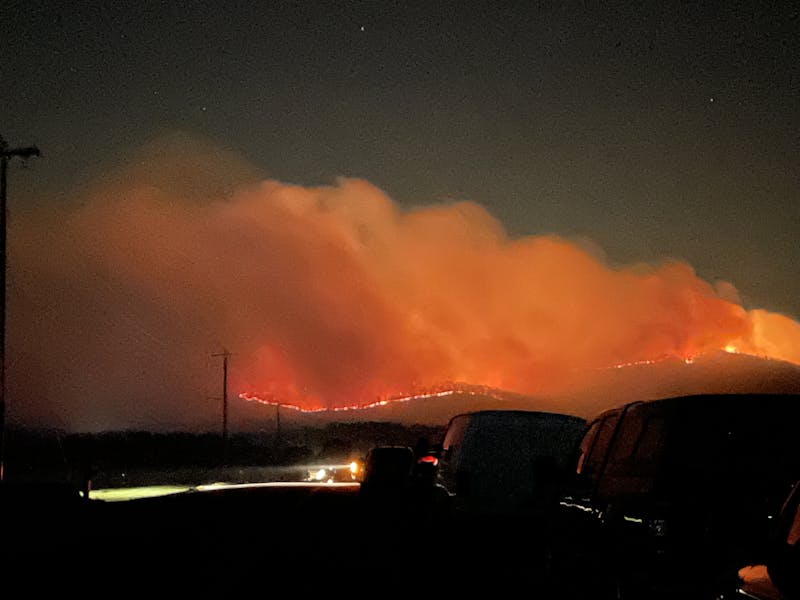In four years of college, one in five women and one in 16 men will be sexually assaulted. It is a crime more prevalent on college campuses than anywhere else and is a story that has become far too common.
Between 2005 and 2013, sexual assault cases on college campuses have more than doubled. With the growing number of assaults, there is a question of what can be done and where students can go.
“I think more needs to be done to reach people who do not believe sexual assault exists,” said Chelsea Ksanznak, a graduate assistant with the Women’s Center at Shippensburg University.
The subject is not touched on in most sex education classes. Shippensburg University has several resources for students of any race or gender that are all hoping to raise awareness and help victims of assault.
The Women’s Center, located in Horton Hall, is a confidential student resource for all students. While the staff offers counseling and support for students of sexual assault and abuse, the staff also hosts awareness workshops for classes, Greek life and other organizations.
“We put together multiple events throughout the year including Take Back the Night and the Tulip Planting Ceremony,” said Ksanznak. The center is also working on putting together a new educational group that would spread awareness about multiple issues.
In many conversation, there is a recurring theme — providing education. Deb Melendez, another graduate assistant, said sometimes people do not know if they are assaulting or being assaulted.
“If you’re surveying, you find that a lot of people who have assaulted someone or been assaulted did not realize they had assaulted someone or been assaulted,” she said, citing the Brock Turner case in the summer of 2016 as an example.
Turner, a student at Stanford University, assaulted an unconscious woman in 2015. His father and he did not understand why Turner was being charged as it was “only 20 minutes of action.”
“That means somewhere along the line we as a nation, as higher education, probably even elementary and secondary education, we’ve missed a vital education point,” Melendez said.
Meanwhile, the university is making strides, according to Kelsey Roman. Roman, the director of the Women’s Center, recently accompanied the university police on a campus walk to determine dangerous points on campus.
A way the university also tries to raise awareness is the Ship Says No More campaign. It is a national pledge to shut down domestic violence and sexual assault on campus and is commonly used now around the campus.
Recently, the Women’s Center was awarded a grant through the Young Women’s Christian Association (YWCA) Crisis Center that allows students 24-hour access to a hotline for sexual assault or domestic violence. Although it is the YWCA, everyone is welcome.
“It’s the education piece that we have been implementing and that we’re really trying to hit hard on,” Melendez said. While education is a large part of the blame, media and pop culture have not contributed a positive note, she added.
Melendez said a common misconception is when someone is sexually assaulted, it is referred to as a “sex scandal” on the news and in headlines instead of calling it what it is — rape. “We kind of have that really toxic apologist language in the media.”
Thomas Rumberger, an investigator for the university’s Department of Public Safety, acknowledges how the media and culture can play a part in not only reported cases but also how people perceive the system.
“I think it definitely has an influence on how people perceive cases,” Rumberger said. “If it’s not a big national news story, people don’t pay a lot of attention to it.”
Rumberger believes that when national stories are “a bust,” it deters people from reporting their own assault. He also believes that local culture has a lot to do with these perceptions.
“Some people feel ‘I can’t report this person because they live down the hall from me’ kind of thing, ‘What am I going to do afterwards? I have class with this person.’”
While there may be many reasons why cases go unreported, everyone is urged to come forward to any of the university resources.
“To anyone afraid to come forward, I would say that we’re here. We believe you unconditionally and you should not have to live in fear or shame,” Melendez said.
While the problem may still remain on college campuses, and all around the world, everyone is able to take strides in stopping sexual assault.





The Slate welcomes thoughtful discussion on all of our stories, but please keep comments civil and on-topic. Read our full guidelines here.